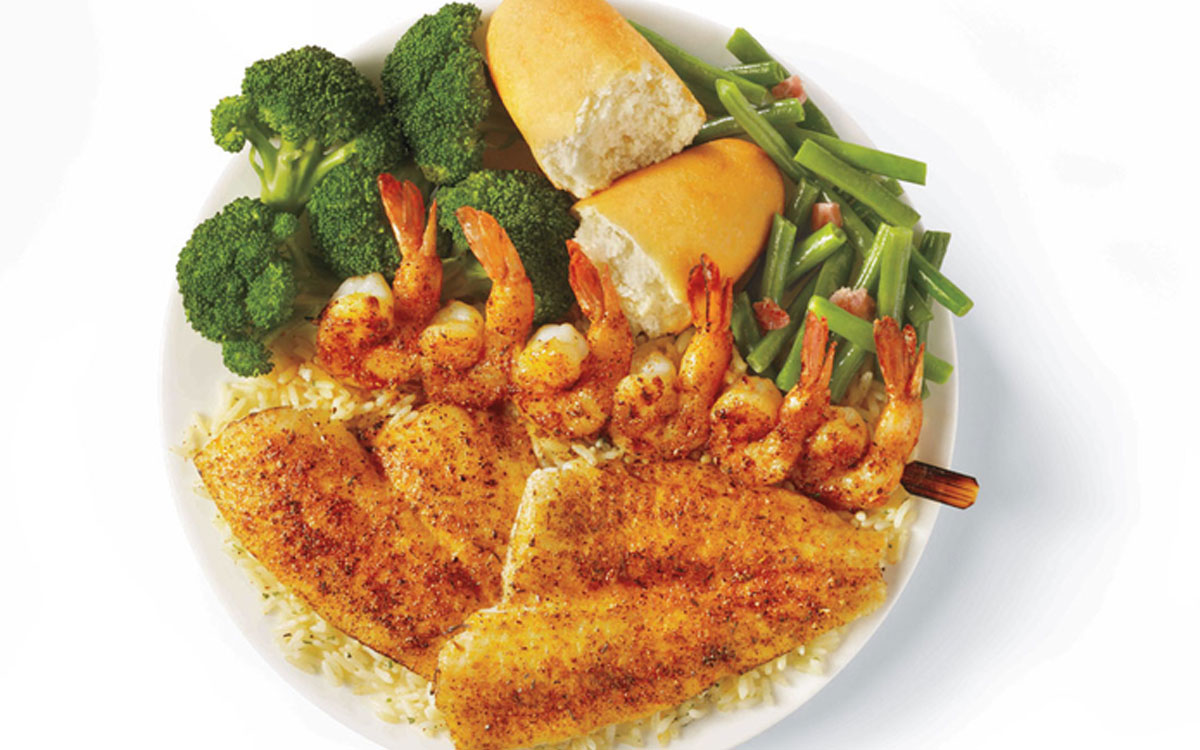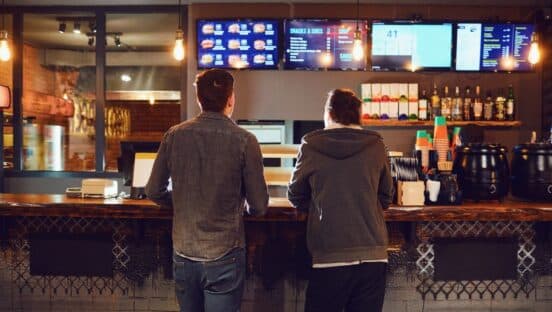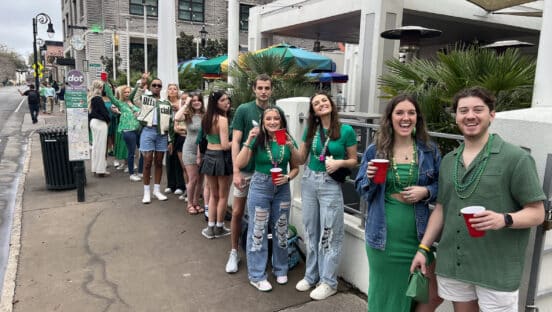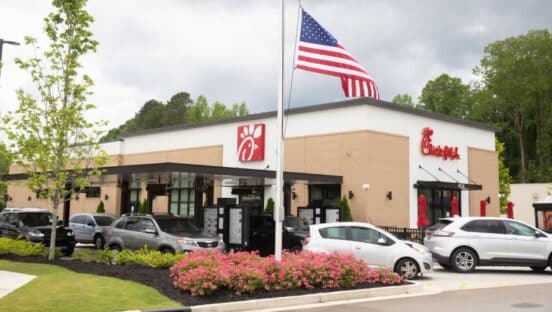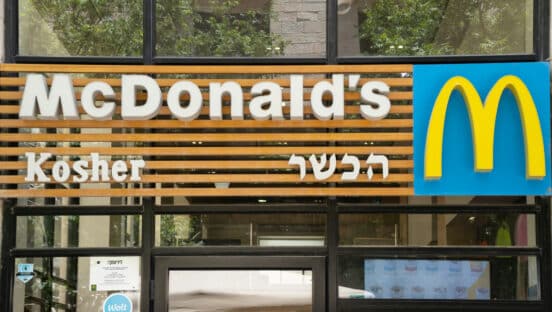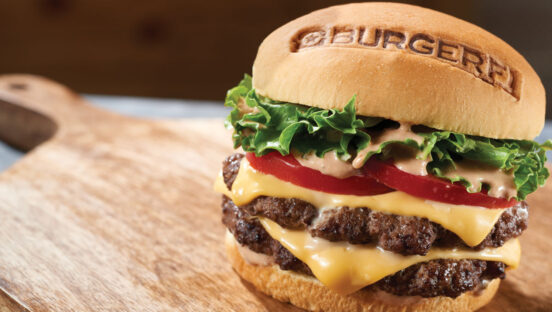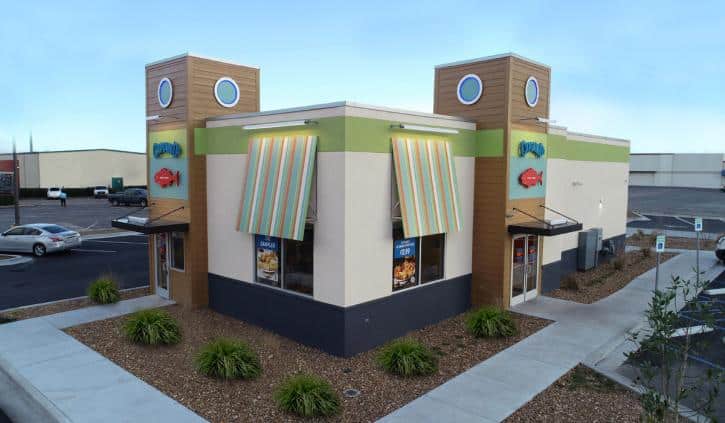
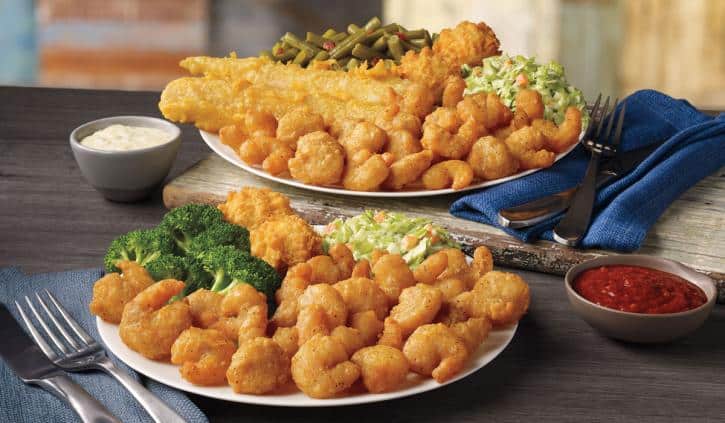
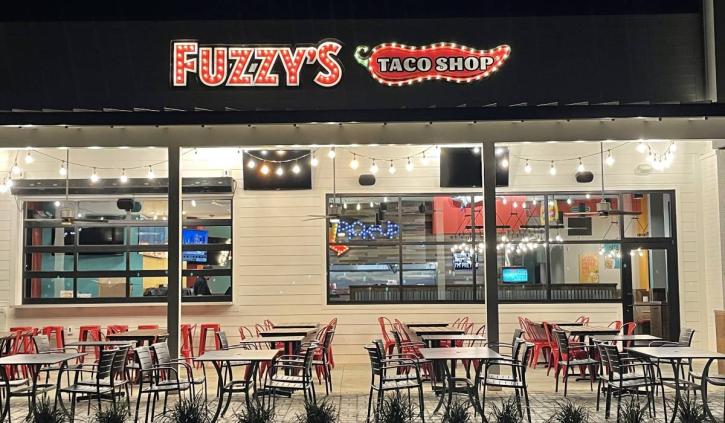
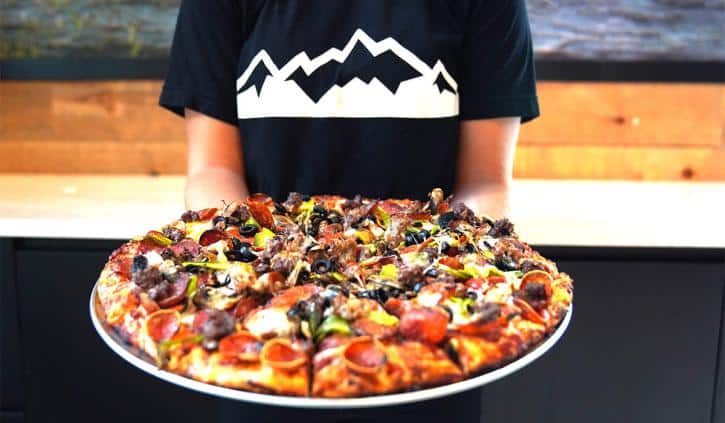

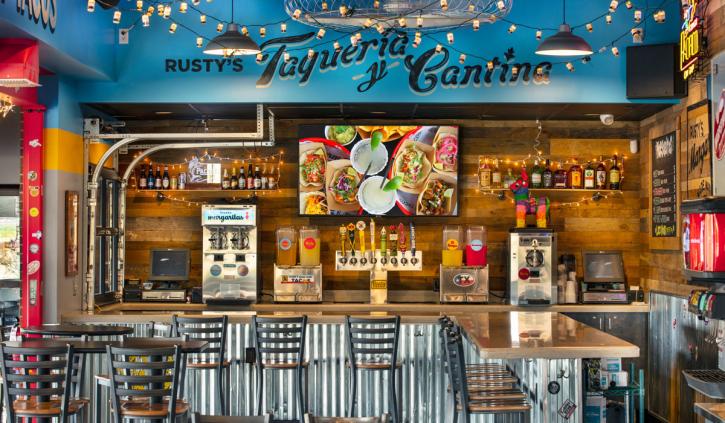
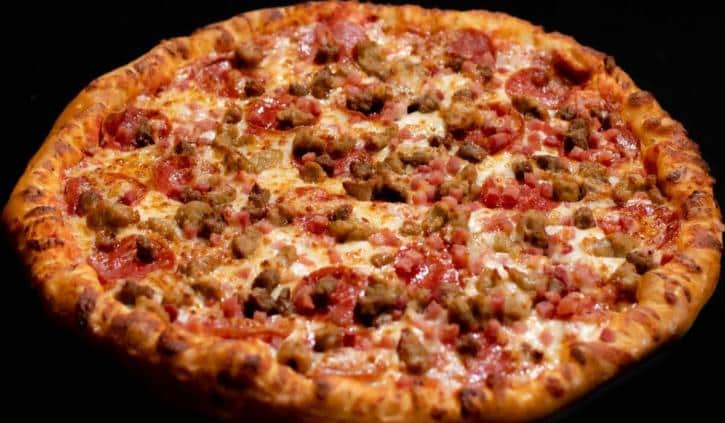
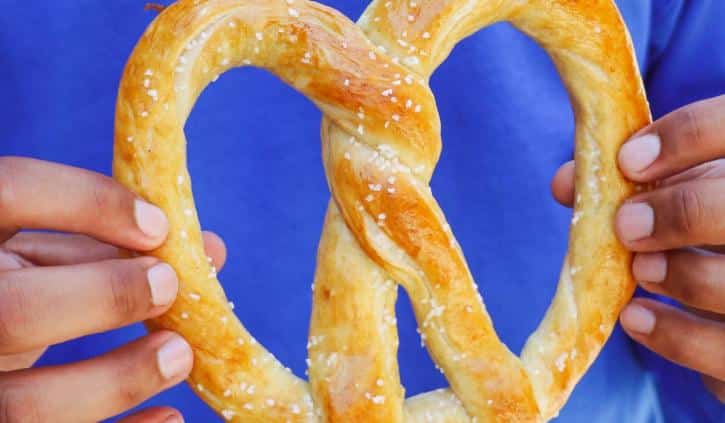
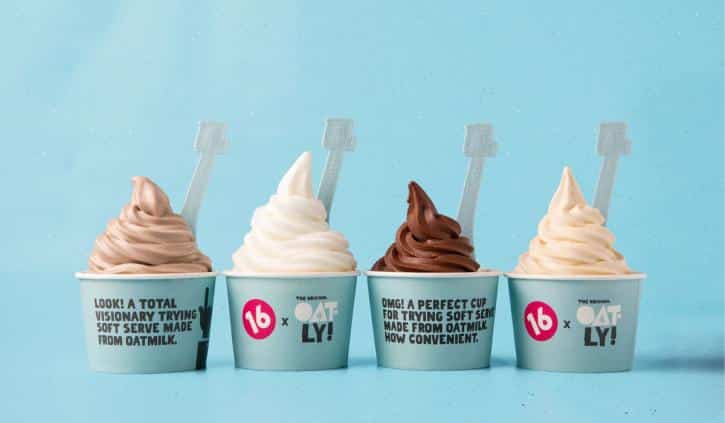
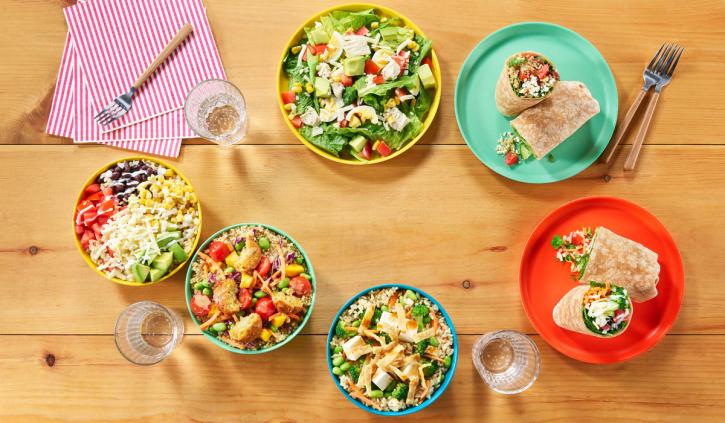
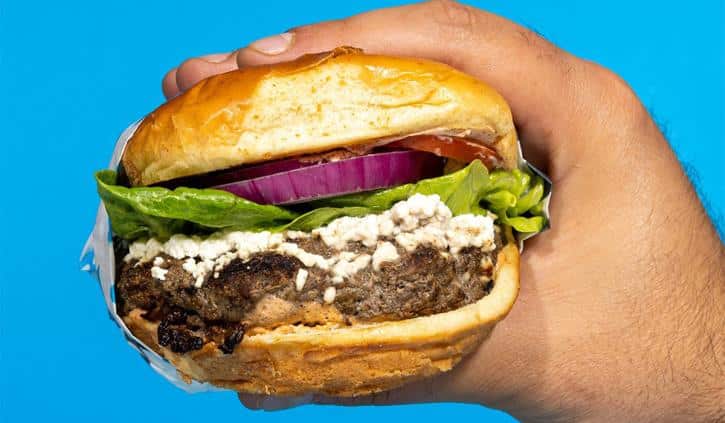
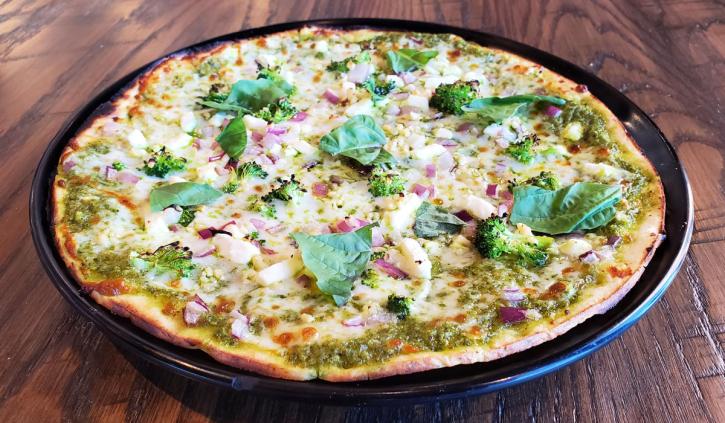
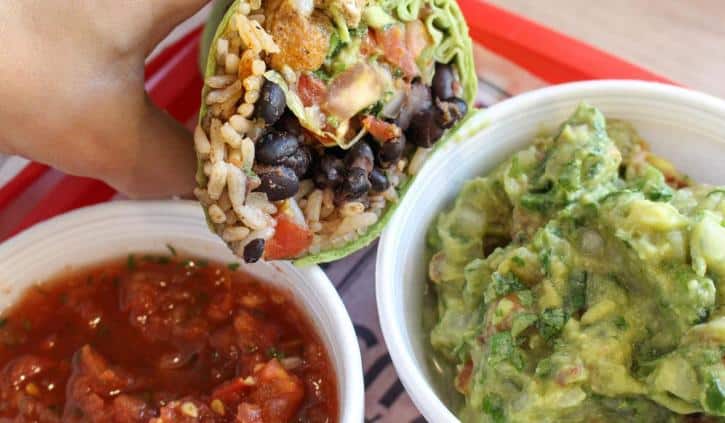
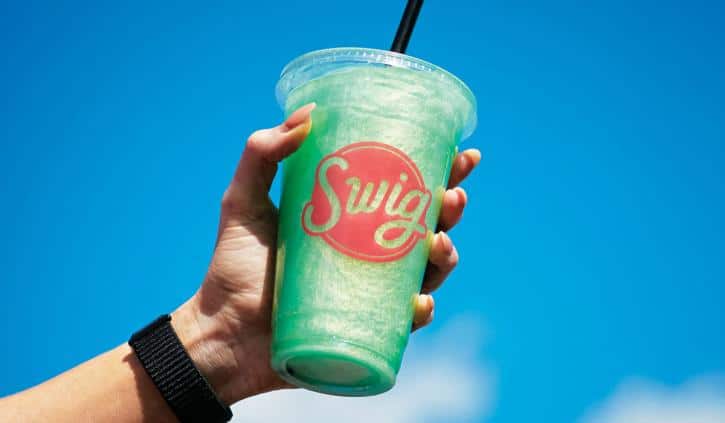
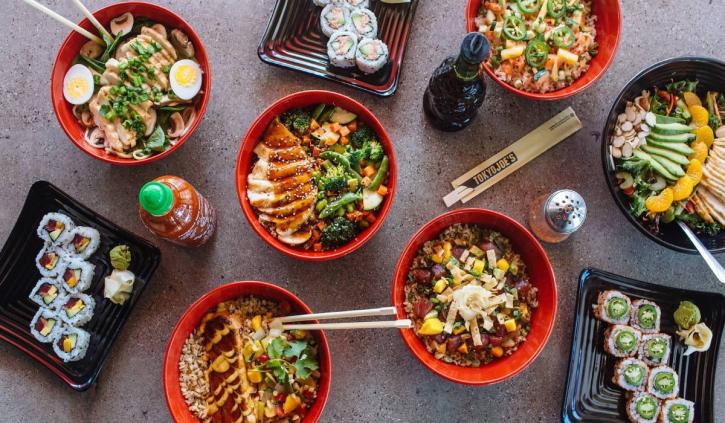
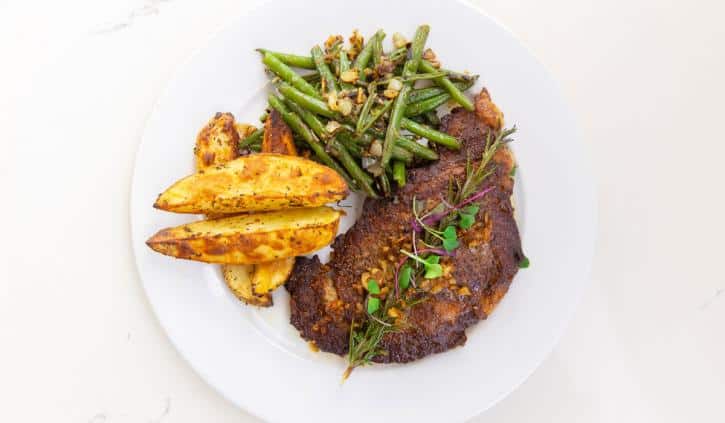
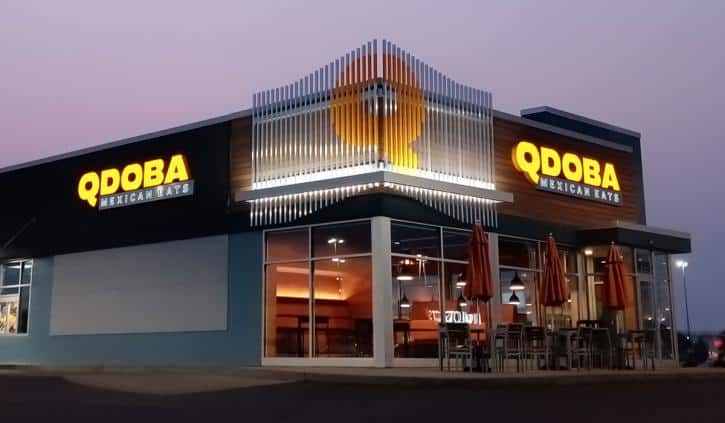


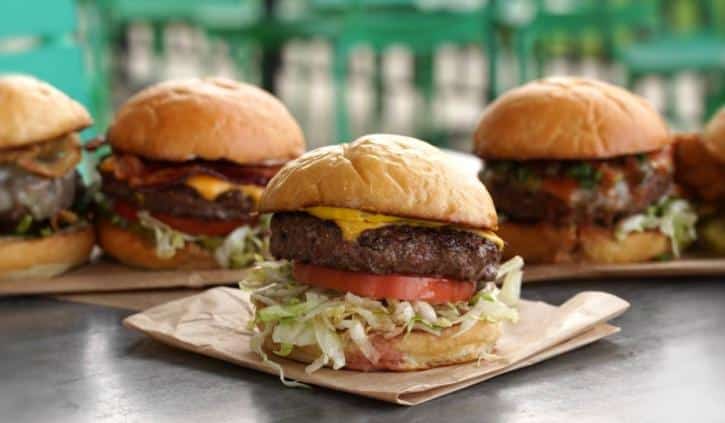
Financial Fuel
Following 2020, a handful of brands and private-equity firms found opportunities in the new landscape to strike deals.
A couple of them were quite significant, like RBI’s $1 billion purchase of Firehouse Subs, FAT Brands deciding to spend nearly $900 million on a collection of concepts, or Jack in the Box grabbing Del Taco for nearly $600 million.
LOOK BACK: 22 Restaurant Deals that Changed the Industry in 2021
In 2022, the news was somewhat quieter, especially in terms of dollar amounts spend. But there are several that stood out.
This is a recap of the 19 most important purchases that took place in the restaurant industry in 2022.
Note: If viewing on desktop, click arrows in picture to see the next slide.
Purchasing Company: Centre Partners
Sold Company: Captain D’s
Price Tag: Undisclosed
Centre Partners previously bought the 540-unit chain in 2013, but sold it in 2017 to Sentinel Capital Partners. With this recent deal, Captain D’s management invested alongside the private equity company and remained in their roles.
The move comes amid Captain D’s accelerating franchise program. The chain recently introduced a prototype that’s 970 square feet and fits on three tenths of an acre, compared to the typical 2,000-square-foot model that seats 44 and needs three quarters of an acres. Only 20-25 employees are need, as opposed to the usual 40-45 workers.
Purchasing Company: Dine Brands (parent of IHOP and Applebee’s)
Sold Company: Fuzzy’s Taco Shop
Price Tag: $80 million
Dine Brands purchased Fuzzy’s from NRD Capital, which held a majority stake since 2016. Previously, the taco shop showed interest in forming its own restaurant platform. The restaurant includes 138 restaurants in 18 states—roughly 98 percent of which is franchised—and has as a development pipeline with more than 125 contracted obligations. The chain is currently earning $1.6 million in AUV, and same-store sales are growing 3 percent. Systemwide sales were expected to reach $230 million in 2022.
The casual-dining company said Fuzzy’s will “add further diversification and increased exposure to the growing Mexican, fast casual and value dining categories at an attractive valuation.”
Purchasing Company: Britt Private Capital and Jupiter Holdings
Sold Company: Mountain Mike’s
Price Tag: Undisclosed
In February, Levine Leichtman Capital Partners announced that it sold its interest in Mountain Mike’s Pizza to co-CEOs Chris Britt and Ed St. Geme.
In 2017, the Los Angeles-based private equity firm partnered with Britt Private Capital (Britt) and Jupiter Holdings (St. Geme) to acquire the pizza concept, back when it had more than 180 units. In the years since, Mountain Mike’s has expanded to more than 250 restaurants in California, Oregon, Utah, Arizona, Idaho, Nevada, and Texas. The chain’s first store in Texas opened last year in Lewisville. Ten more openings in Texas are expected before the end of 2024.
Purchasing Company: Brent Sheena
Sold Company: The Big Salad
Price Tag: Undisclosed
North Carolina entrepreneur Brent Sheena announced in May the acquisition of fast-casual restaurant chain The Big Salad from founder and CEO John Bornoty. The deal included management and support of nine locations in Michigan and Texas, along with intellectual property rights to fuel future growth.
At the time, Sheena said he was finalizing new locations in Owosso and Farmington, Michigan; York, South Carolina; Cincinnati, Ohio; and Jackson, Mississippi; as well as a corporate store and training facility in the Carolinas. Future plans are to expand to 50 additional franchises in new markets by 2025.
Purchasing Company: Gala Capital Partners
Sold Company: Rusty Taco
Price Tag: Undisclosed
Inspire Brands acquired a majority interest in Rusty Taco in 2018 along with its purchase of Buffalo Wild Wings. In the past four years, the company—also parent to Arby’s, Sonic, Dunkin’, Jimmy John’s, and Baskin-Robbins—grew the fast casual’s footprint by more than 50 percent. New stores have set opening sales records and are now running at AUVs 50 percent higher than the system average. Additionally, Inspire rebranded the chain from “R Taco” back to Rusty Taco, to highlight the legacy of co-founder Rusty Fenton, who started the company in 2010.
Gala Capital Partners, a Southern California-based private equity firm owned by restaurateur Anand Gala, focuses on franchising restaurants between 25-500 units. Along with Cicis, of which Gala Capital Partners is a non-controlling, minority investor, the firm is invested in Dunn Brothers Coffee and MOOYAH Burgers.
Purchasing Company: Tim Gayhart
Sold Company: Snappy Tomato
Price Tag: Undisclosed
Operator Tim Gayhart, whose been a franchisee since 1991 and an area developer since 2001, bought the concept from The Deters Company. The new owner’s goal is to open 10 units in the next three years. The brand operates in Ohio, Kentucky, Tennessee, Indiana, and New Mexico.
The Deters Company had owned Snappy since 1993, according to the Cincinnati Business Courier. The restaurant, founded in 1978, owes its name to a racehorse that founder Bob Rotunda bet money on and won.
Purchasing Company: MTY
Sold Company: Wetzel‘s Pretzels
Price Tag: $207 million
The California-based Wetzel’s Pretzels operates more than 350 locations in 25 states, Canada, and Panama, with 90 percent of those being franchised. In the past year, sales reached $245 million. The chain said it expected its 400th location to debut in 2023.
Wetzel’s was previously owned by private equity firm CenterOak Partners, which bought the chain in 2016. Capitalizing on a COVID resurgence, the brand’s same-store sales grew 24 percent in 2021 compared to 2019.
Purchasing Company: Neil Hershman and Danny Duncan
Sold Company: 16 Handles
Price Tag: Undisclosed
The new millennial owners—27-year-old franchisee operator Neil Hershman and social media star Danny Duncan—plan to expand 16 Handles outside the Tri-State area through franchising. 16 Handles is based in New York, New Jersey, Connecticut, and Florida.
Hershman, the company’s new CEO, owns five 16 Handles stores and operates two other dessert concepts. Duncan, whose YouTube channel has more than 1.5 billion views and generated more than $50 million in merchandise sales across 2020-2021, serves as chief creative officer.
Purchasing Company: Foodtastic
Sold Company: Freshii
Price Tag: $54.5 million
Freshii, a 343-unit health-focused concept, will be sold for $54.5 million to Foodtastic, a multi-brand restaurant group based in Canada. The acquisition is expected to close during the first quarter.
In the third quarter, Freshii opened five new restaurants, but closed nine. The brand has a pipeline of more than 125 locations, including a recent multi-unit agreement with existing franchisees to build six stores in New Jersey. It also has a conditional agreement for the development of its first ground-up drive-thru in Western Canada. All but one of Freshii’s shops are franchised.
Purchasing Company: Yadav Enterprises
Sold Company: Nick the Greek
Price Tag: Undisclosed
As part of the agreement, Nick the Greek will be run by its founding management team, which still has a minority stake. The brand has 70 restaurants in the pipeline. Existing locations are spread across Northern and Southern California, Nevada, Kansas, Texas, and Utah.
The chain earns roughly $1.5 million in systemwide AUV, and recent openings are “far exceeding” that level, said Richard Pawlowski, CFO of purchasing company Yadav Enterprises. The restaurant fits into 1,500-1,800 square feet of space and comes with development costs between $400,000-$600,000 before allowances.
Purchasing Company: Amandeep Judge
Sold Company: 1000 Degrees
Price Tag: Undisclosed
New leader Amandeep Judge is putting forth a “substantial investment” to introduce new menu items and employees and build toward significant growth goals.
In the past two years, 1000 Degrees has opened three Texas restaurants. Numerous locations are in various stages of development and scheduled to debut in 2023. This year, stores have shown month-over-month revenue growth, and a number of units have returned to pre-pandemic sales levels.
Purchasing Company: WOWorks
Sold Company: Barberitos and Zoup!
Price Tag: Undisclosed
The Athens, Georgia-based Barberitos, a make-your-own burrito, taco, bowl, and salad concept, operates 50 franchise restaurants and four company-operated units, primarily in the Southeast. Meanwhile, Zoup!, a Southfield, Michigan-based chain with 12 rotating daily soups, oversees 67 franchises and one corporate store. Zoup! Speciality Products, designed to bring the brand’s broth items to retail, will be operated separately by founder and previous CEO Eric Ersher.
Barberitos and Zoup! are the fifth and sixth chains to join WOWorks, following Saladworks, Frutta Bowls, Garbanzo Mediterranean Fresh, and The Simple Greek. Combined, the multi-brand company will end 2022 with more than 400 restaurants while creating more than 10,000 job opportunities.
Purchasing Company: The Larry H. Miller Company
Sold Company: Swig
Price Tag: Undisclosed
The Larry H. Miller Company purchased a majority share from Savory Fund, a food and beverage investment firm that’s owned Swig since 2018. As part of the transaction, founder Nicole Tanner and partners Chase Wardrop and Dylan Roeder kept their minority stakes.
Tanner started Swig in St. George, Utah, in 2010. In the past two years, Savory Fund has helped the brand more than double its footprint to 45 shops. In 2023, the beverage concept expects to debut more than 25 corporate locations. In October, the company revealed new CEO Rian McCartan, a former executive with See’s Candy, American Eagle, Williams-Sonoma, and Skechers.
Purchasing Company: Salad Collective
Sold Company: Tokyo Joe’s
Price Tag: Undisclosed
Tokyo Joe’s was founded by Larry Leith in 1996. The chain, which has grown to 27 restaurants in Colorado and Phoenix, offers build-your-own rice and noodle bowls, sushi, salads, and most recently, poke bowls. In harmony with Salad Collective’s mission, the concept’s menu is customizable to a variety of dietary restrictions and lifestyle choices, including gluten-free, dairy-free, vegetarian, high-protein, sugar-free, and low fat.
Salad Collective also owns MAD Greens, which has 25 restaurants in Colorado, Arizona, and Texas, and Snappy Salads, which oversees 13 locations in the Dallas-Forth Worth market. All 65 locations across the three concepts are company-owned.
Purchasing Company: Ampex Brands
Sold Company: Bellagreen
Price Tag: Undisclosed
Ampex Brands, Au Bon Pain operator and a Yum! Brands and 7-Eleven franchisee with more than 500 quick-service and fast-casual restaurants and convenience stores, announced its acquisition of bellagreen in late July. Both companies are based in the Dallas metropolitan area.
“From the first time we set foot in a bellagreen, we knew it would be the perfect addition to the Ampex family,” says Ampex CEO Tabbassum Mumtaz. “bellagreen is pioneering a new path for the fast-casual industry and we look forward to introducing this brand to every major city in the U.S.”
Purchasing Company: Butterfly Equity
Sold Company: QDOBA
Price Tag: Undisclosed
As part of the transaction, the chain will join better-for-you platform Modern Restaurant Concepts, which also operates Modern Market Eatery and Lemonade. Modern Restaurant Concepts oversees roughly 800 locations in nearly every state and employ almost 18,000. Leadership believes there’s enough whitespace for more than 3,000 units across all three brands.
QDOBA has nearly 750 stores across North America, 450 of which are franchised. Modern Market has nearly 30 outlets across four states while Lemonade has roughly 20 units in California.
Purchasing Company: Gala Capital Partners
Sold Company: Dunn Brothers Coffee
Price Tag: Undisclosed
Dunn Brothers Coffee began in 1987 when siblings Ed and Dan Dunn brought their roastery talents from Portland, Oregon, to St. Paul, Minnesota. In the 35 years since then, the company has expanded into Wisconsin, North Dakota, Minnesota, South Dakota, Iowa, Texas, and Missouri.
Brand president Kim Plahn said Gala Capital will provide capital and the necessary experience to improve and expand franchise operations.
Purchasing Company: FAT Brands
Sold Company: Nestlé Toll House Café
Price Tag: Undisclosed
After purchasing Nestlé Toll House Café, FAT Brands has been in the process of rebranding locations to Great American Cookies, a move that will “increase FAT Brands’ foothold as a leader in the dessert category within the cookie and ice cream spaces,” the company said. The multi-brand platform also owns Marble Slab Creamery.
Prior to the move, Crest Foods franchised about 85 Nestlé Toll House Café by Chip units nationwide. The deal adds to FAT Brands’ Atlanta-based manufacturing facility, providing supply chain efficiencies and cost-savings, as well as increasing the scale that will result from increased manufacturing volume, the company said.
Purchasing Company: Hopdoddy Burger Bar
Sold Company: Grub Burger Bar
Price Tag: Undisclosed
The two fast casuals operate as HiBar Hospitality Group and are backed by private equity firm L Catteron, which has held an investment in Hopdoddy since 2014. The restaurants aim to “capitalize on many complementary capabilities” and accelerate organic growth in Texas and other key markets and expansion through M&A opportunities.
HiBar Hospitality is led by Hopdoddy CEO Jeff Chandler, while Grub founder and CEO Jimmy Loup still has a stake in the business and is part of the board of directors.

